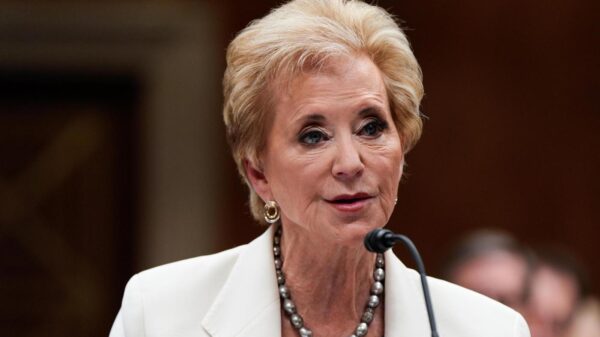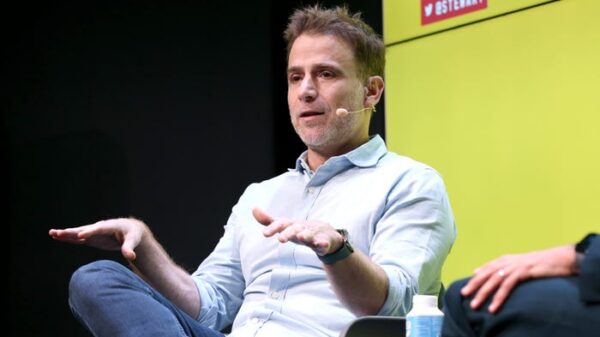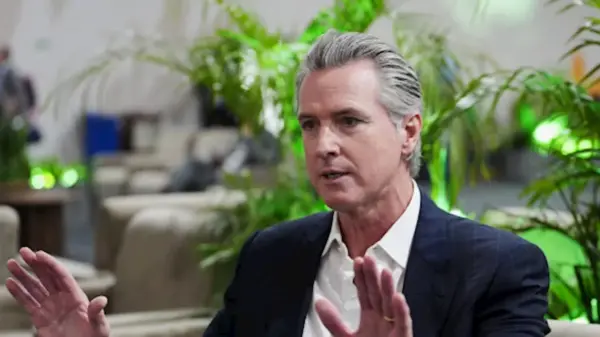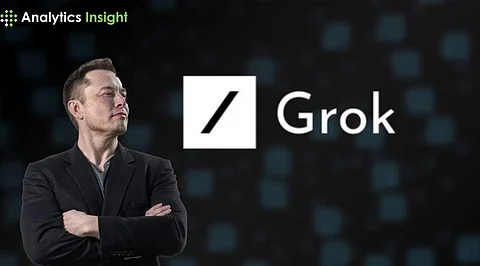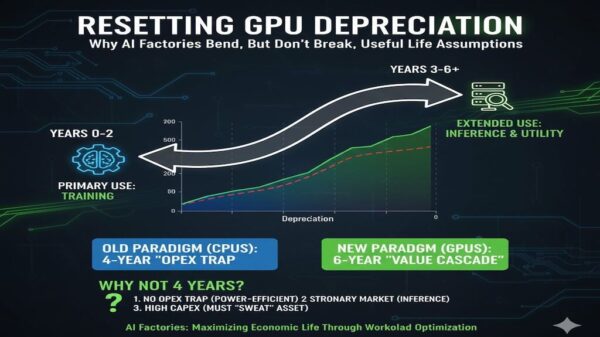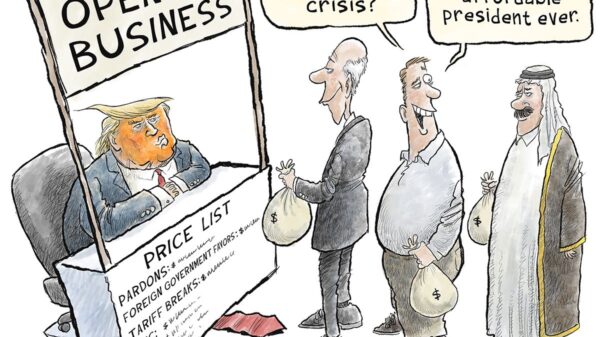Stewart Butterfield, the cofounder of Slack, has shared insights on how criticism can serve as a powerful motivator for employees. Speaking on the Lenny’s Podcast, he recounted a past experience from 2014 when he publicly labeled an early version of Slack as “terrible.” This candid admission sparked a unique reaction from his team, who printed and displayed the quote around the office the following day.
Embracing Improvement Through Embarrassment
Butterfield, who led Slack from its inception in 2009 until its acquisition by Salesforce in 2023 for $27.7 billion, emphasized the importance of fostering a “perpetual desire to improve.” He recalled telling the MIT Technology Review in 2014 that the product should invoke embarrassment among the team, saying, “What we have right now is just a giant piece of shit. It should be humiliating that we offer this to the public.” While this approach may not resonate with everyone, he believes it is vital for growth.
Describing the aftermath of his remarks, Butterfield noted, “I came into the office the next day and people had printed out on 40 pieces of 8.5-by-11 paper that quote and pasted it up on the wall.” This response illustrates how direct criticism can galvanize a team towards improvement.
Lessons in Continuous Improvement
Butterfield advocates for a mindset of ongoing enhancement, citing the principle of “kaizen,” a Japanese term for continuous improvement, as exemplified by Toyota. This philosophy aims for maximum quality while eliminating waste and increasing efficiency. He also referenced billionaire investor Ray Dalio, who once learned from Michael Jordan’s ski instructor that embracing mistakes leads to valuable insights.
While Butterfield acknowledges that the art of giving criticism varies among leaders, he stresses its potential benefits. He pointed out that “trying to be critical” and “trying to find improvements” can often motivate employees. Notably, he remarked, “With most people, you can get them to the point where that really direct criticism is actually motivational.”
Companies like Netflix and Meta have their own approaches to feedback. Netflix’s Chief Technology Officer has highlighted the importance of “continuous, timely, candid feedback,” while Meta’s Chief Financial Officer, Susan Li, noted that CEO Mark Zuckerberg has honed his feedback skills to become “world-class.”
Through his leadership, Butterfield transformed Slack into one of the most widely used workplace messaging platforms globally. His experiences illustrate that embracing criticism—despite the potential for embarrassment—can ultimately drive innovation and improvement within teams.




